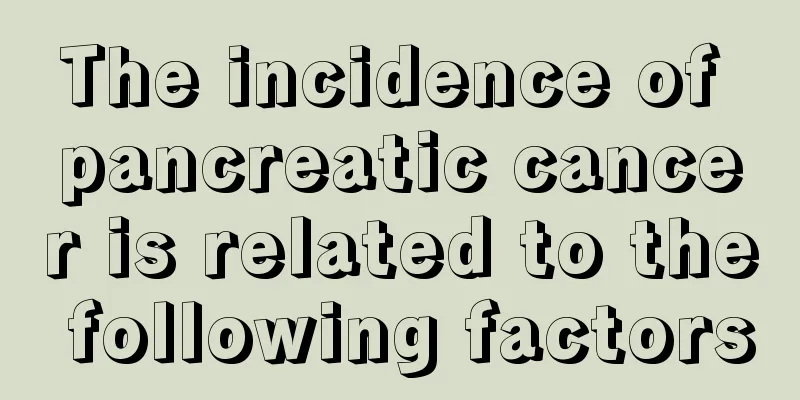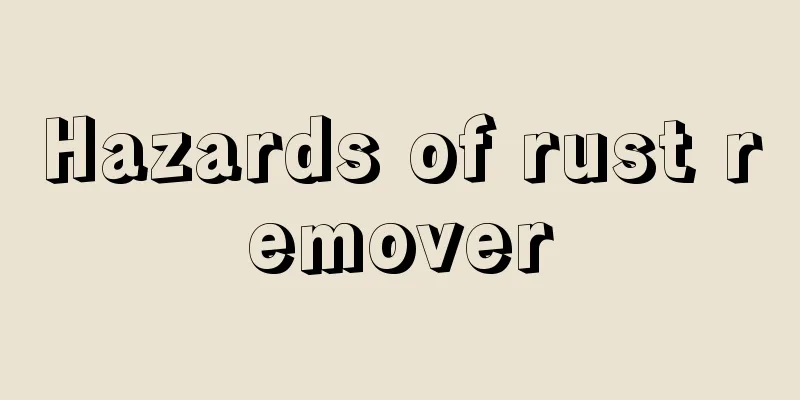What to do if I have a headache and my solar blood is swelling

|
Headache is a common phenomenon in our life. Many people have experienced headaches. For many people, the location and symptoms of headache are different each time. This is because the causes of headache are also different. If there is swelling in the solar plexus, it is likely a so-called tension headache. If the symptoms are not serious, we can take some measures to relieve them. 1. A dark and quiet environment: Stress is one of the main causes of headaches. Relieving tense muscles may help relieve tension headaches. People with tension headaches may also experience oversensitivity to light or sound. Resting or sitting in a dimly lit room with your eyes closed and your back, neck, and shoulders relaxed as much as possible can help relieve a tension headache. 2. Caffeine: Caffeine may help relieve headache symptoms and help pain relief medications work better and faster. Caffeine added to painkillers can make headaches more effective, which is why caffeine is often an ingredient in medications. 3. Relaxation: Deep breathing exercises and mental imagery can reduce stress and relieve headaches. You can combine these two methods into one: first take a deep breath, exhale slowly, and imagine the place where you feel tense and cramped as a peaceful scene. Lower your chin to your chest, then gently and slowly rotate your head the other half way around, finally taking another deep breath and exhaling slowly. 4. Hot and cold: Cold and heat can relieve the pain and muscle tension associated with headaches. A hot shower or moist heat applied to the back of the neck can relieve the symptoms of a tension headache. Try a hot water bottle, warm towel, or hot compress. If you prefer the cold, try wrapping an ice pack in a towel and placing it where you're in pain -- your forehead, temple, or neck. 5. Massage: Massage can ease tense muscles and help you relax, so it's particularly useful for relieving stress or tension headaches. Have someone gently massage the muscles of your head, neck, and shoulders, or do a targeted spot massage yourself. Gently rub the painful area of the head with your fingertips for a few seconds, then rest or repeat the massage as needed. 6. Exercise: Neck exercises can relieve the pain of a tension headache by holding the head in one position for a period of time. Here's an exercise that may help: Place your palms on your forehead and, using your neck muscles, gently massage your palms forward. Keep your head upright and your hands and arms for resistance. 7. Acupressure: Acupressure may help relieve headaches. Place your thumb near the base of your skull. Find the hollows on either side of your neck. They are just outside the mid-section muscles. Press with your thumb and slightly upward until you feel slight pain, while keeping your thumb pressed there for 1-2 minutes. 8. Over-the-counter medications: Over-the-counter medications such as acetaminophen, aspirin, and ibuprofen can relieve headaches. The drug combination of acetaminophen, aspirin, and caffeine may work better for some people than taking each drug separately. But using headache medicine more than three days a week may lead to a medication overuse headache. If you need medication regularly, talk to your doctor. 9. Acupuncture: Traditional Chinese medicine uses thin needles to insert into the patient's body at a certain angle. Stimulating these points may release your body's natural painkillers - endorphins - to relieve neck, shoulder and head pain. Some studies have found that acupuncture may reduce the number of headaches people experience after a few months of preventive treatment. It should be noted that acupuncture should be performed by professionals, and try not to perform acupuncture yourself according to the book. 10. Visit a doctor: If your headaches are frequent or last for more than a few days, talk to your doctor. If your headache develops suddenly or becomes worse after a head injury or if you have had a major illness, see a doctor right away. You also need emergency care if your headache is accompanied by fever, stiff neck, seizures, numbness, double vision, dizziness, severe nausea, shortness of breath, or confusion. |
<<: How to deal with soy milk residue
>>: Is it better to sleep on a latex pillow high or low?
Recommend
Is it a good sign to have white hair inside the nostrils?
There are reasons for the formation of human body...
Symptoms of high alanine aminotransferase 46
Symptoms of high alanine aminotransferase 46. Som...
The difference between lung adenocarcinoma and lung cancer
Lung adenocarcinoma and lung cancer are two diffe...
The easiest way to dye your hair naturally
Some of you may like to dye your hair, and you al...
What is the reason why the refrigerator smells
After using the refrigerator for a period of time...
What is the refrigeration principle of drinking water machine
Water dispensers can both cool and heat, but most...
What causes prostate cancer
Prostate cancer is the most common malignant tumo...
What are the solutions to frequent belching
The so-called belching is the sound made by the g...
The cervical vertebrae massage hurt more the next day
When people feel discomfort in their cervical spi...
How to care for pain when eating caused by laryngeal cancer
Laryngeal cancer is one of the common cancers in ...
What is the difference between cervical cancer and uterine cancer
Cervical cancer and uterine cancer occur in diffe...
Dull pain on the right side of the xiphoid process
The dull pain on the right side of the xiphoid pr...
How long can you live with melanoma
At present, the number of patients with malignant...
What should I do if my tooth is cracked and painful?
Nowadays, it is more and more common for people t...
Eating more of these fruits is effective in treating asthma and cough!
Asthma and cough are very common diseases in dail...









